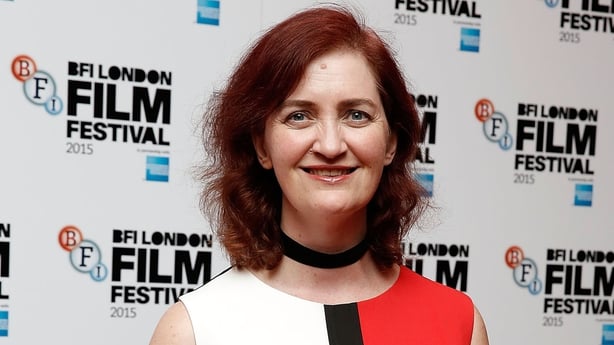

But even as Jack considers “how … people in a book escape from it,” we wonder at his ability to make sense of everything. “We’re like people in a book, and he won’t let anybody else read it,” Ma offers, in a brief metafictional aside. Still, in both big shifts - and they are big shifts - things unfold too quickly, without sufficient context, inconsistent with how the characters behave.

I’m being purposely vague because I don’t want to give away more of the story than is necessary here too there is an element of surprise, of discovery, meant to alter how we think of not just the narrative but also Jack himself. Not so effective are those moments when he is less in his head, more directly engaged with his environment, especially the two major plot turns, coming about a third and two-thirds of the way through the novel, in which his bond with Ma is tested and he must (literally and figuratively) strike out on his own. I guess the time gets spread very thin like butter over all the world … so there’s only a little smear of time on each place, then everyone has to hurry on to the next bit.” This observation comes late in the book, after he has learned more about Outside, but what makes it resonant is that it draws us, almost without thinking, into both his language and his point of view. Such a double vision is essential to Donoghue’s intentions, but it doesn’t always work.Īt times, we’re right with Jack, as when he notes that “n Room me and Ma had time for everything. “That’s ridiculous,” Jack thinks, “Ma was never in Outside.” It’s a telling moment, both because of the limits of the boy’s imagination and the precociousness of his thinking, his ability to conceptualize the world (such as it is) around him and give it an interpretation all his own. With Jack, however, the question of confinement becomes more nuanced, since he has no experience of “Outside.” Early in the novel, Ma tries to explain “There’s more things on earth than you ever dreamed about,” she says. And yet, like Sebold, Donoghue has other aspirations than merely to see if she can pull it off.Īpparently inspired by the experiences of Elisabeth Fritzl and Jaycee Dugard - both of whom were held for many years by captors (in Fritzl’s case, her father) by whom they bore children - she has said that to frame this story through a mother’s eyes “would be too obviously sad.” Of course, it is a gimmick to have a 5-year-old narrate a novel, just as it was for Alice Sebold to write “The Lovely Bones” from the perspective of a 14-year-old girl who had been raped and killed. Push too far in one direction and it becomes a gimmick, too far in the other and it grows obscure.

As to why this is important, “Room” depends entirely on voice to be successful, and voice is a fragile thing.


 0 kommentar(er)
0 kommentar(er)
